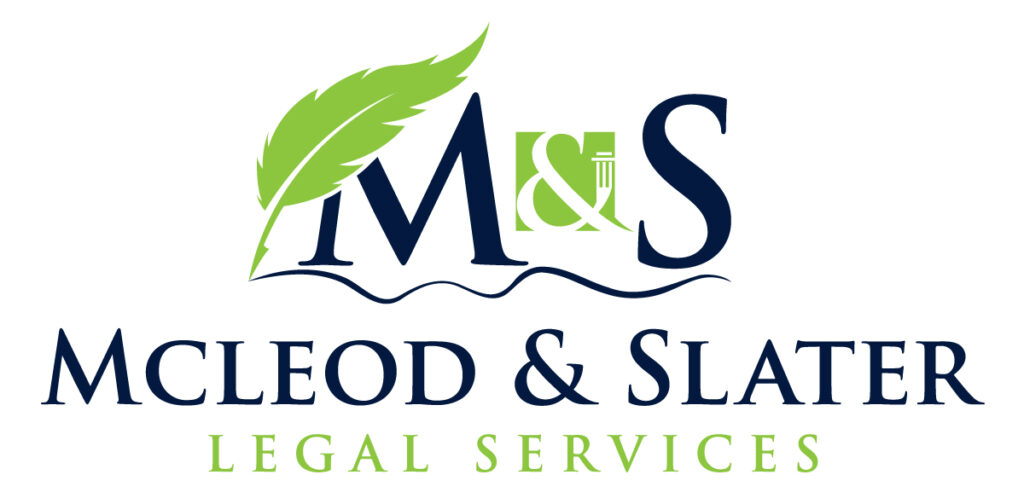By Kimberley Slater
Senior Partner, Mcleod & Slater
Vicarious liability is where an individual or entity is held responsible for the wrongful actions or omissions of another party. It applies in situations where the responsible party has a special relationship or connection with the party who committed the wrongful act.
This concept is commonly seen in employer-employee relationships, where an employer may be held liable for the actions of their employees if they are acting within the scope of their employment. In such cases, the employer may be held accountable for any harm or damages caused by the employee’s wrongful conduct, even if they were not directly involved in the act.
To take another common example, let’s say a delivery driver, employed by a company, causes a collision while on duty. In this scenario, the company may be held vicariously liable for the driver’s actions. Although the company itself did not directly cause the accident, it can be held responsible because the driver was acting within the scope of their employment at the time of the incident. The company exercised control and authority over the driver’s actions, such as providing the vehicle, assigning delivery routes, and overseeing their performance. As a result, if the other party involved in the accident suffered injuries or property damage, they can pursue a legal claim for compensation against both the driver and the employer. In this case, the employer would be held vicariously liable for the damages caused by their employee’s negligent driving, regardless of whether they were directly involved in the accident or not.
Vicarious liability is based on the idea that the person or entity with control or authority over a situation or individual bears the responsibility for their actions. It allows injured parties to seek compensation from a party with greater financial capacity or resources, rather than solely relying on the individual who committed the wrongful act.
At Mcleod and Slater, I have worked on many cases where vicarious liability is a relevant consideration. It is important to be aware that it can arise in a vast number of circumstances, and sometimes involve huge implications for an individual or company. It is often thought that three individual elements must be satisfied for vicarious liability to apply – that the wrongful act must have been committed by an employee or other agent; the employee or other agent must have been acting within the scope of his or her employment or agency, and also that the employer or other person must have had the ability to control the employee or other agent. However, case law in the UK – including the landmark Morrisons case at the Supreme Court – has shown that these do not always have to apply, either at all or on equal level.
If you have been accused of being vicariously liable, or consider that someone else is vicariously liable to you, we can help evaluate the full facts and let you know the options available.
